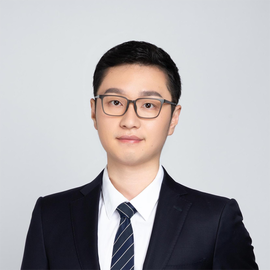Abstract
We study the general framework of quantum channel simulation, that is, the ability of a quantum channel to simulate another one using different classes of codes. First, we show that the minimum error of simulation and the one-shot quantum simulation cost under no-signalling assisted codes are given by semidefinite programs. Second, we introduce the channel’s smooth max-information, which can be seen as a one-shot generalization of the mutual information of a quantum channel. We provide an exact operational interpretation of the channel’s smooth max-information as the one-shot quantum simulation cost under no-signalling assisted codes. Third, we derive the asymptotic equipartition property of the channel’s smooth max-information, i.e., it converges to the quantum mutual information of the channel in the independent and identically distributed asymptotic limit. This implies the quantum reverse Shannon theorem in the presence of no-signalling correlations. Finally, we explore the simulation cost of various quantum channels.
Publication
IEEE Transactions on Information Theory

Associate Professor
Prof. Xin Wang founded the QuAIR lab at HKUST(Guangzhou) in June 2023. His research primarily focuses on better understanding the limits of information processing with quantum systems and the power of quantum artificial intelligence. Prior to establishing the QuAIR lab, Prof. Wang was a Staff Researcher at the Institute for Quantum Computing at Baidu Research, where he concentrated on quantum computing research and the development of the Baidu Quantum Platform. Notably, he spearheaded the development of Paddle Quantum, a Python library designed for quantum machine learning. From 2018 to 2019, Prof. Wang held the position of Hartree Postdoctoral Fellow at the Joint Center for Quantum Information and Computer Science (QuICS) at the University of Maryland, College Park. He earned his doctorate in quantum information from the University of Technology Sydney in 2018, under the guidance of Prof. Runyao Duan and Prof. Andreas Winter. In 2014, Prof. Wang obtained his B.S. in mathematics (with Wu Yuzhang Honor) from Sichuan University.